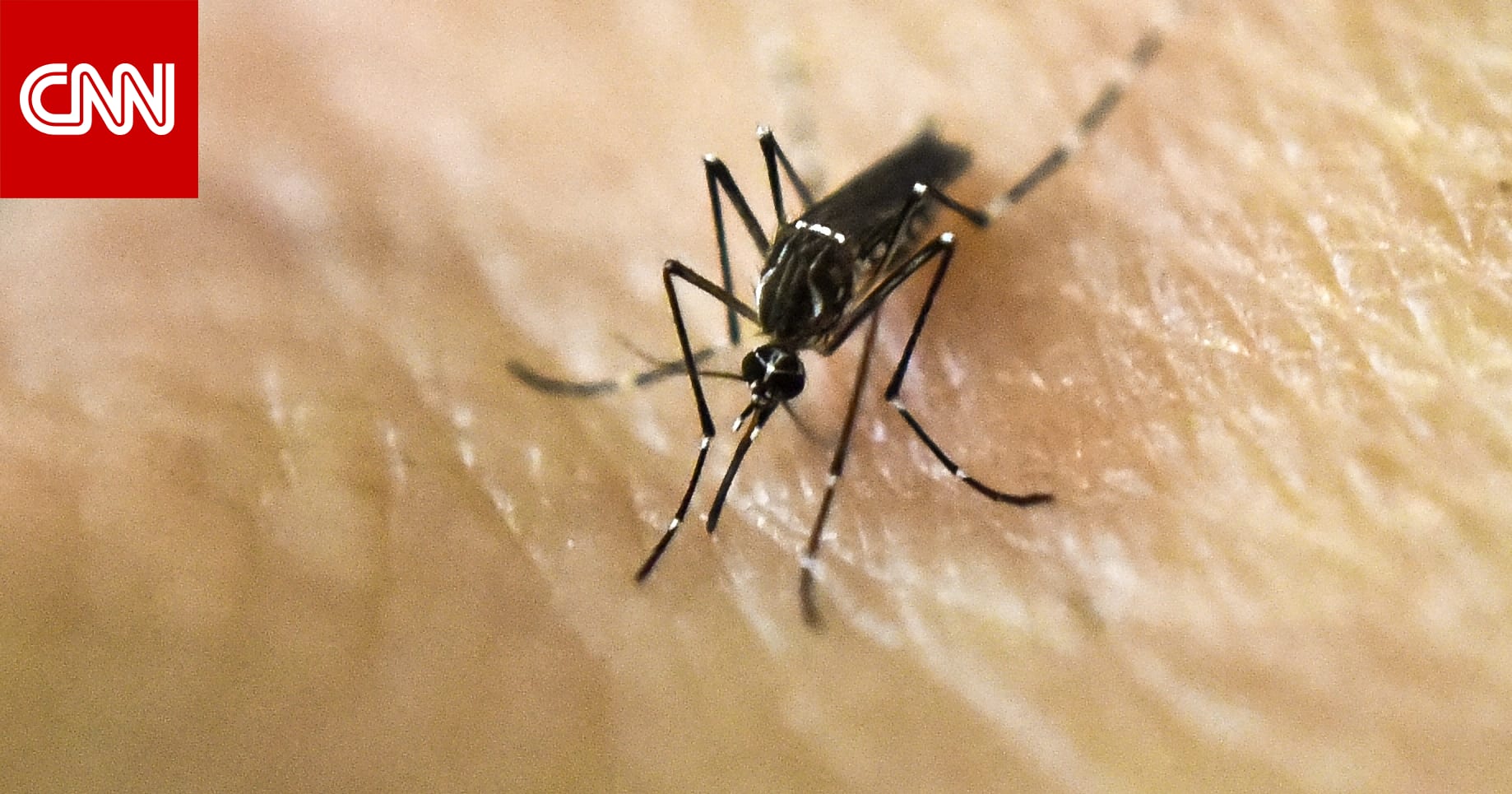Publication date: January 11, 2023
Influenza and corona have partly the same symptoms and the RS virus also causes respiratory infections. Self-testing is often used in the Netherlands for COVID-19. Less popular (or known) is the combined self-test. This shows whether the complaints are caused by corona, flu (flu A and B) or influenza RS virus.
No prompt for combined self-test
The combined self-test is not yet popular in the Netherlands. For inquiry RTL news shows that large pharmaceutical wholesalers still do not supply combination tests to pharmacies. A spokesman for wholesaler Brocacef said he was against it RTL news that there is simply no demand yet. But is it because the Dutch consumer does not find the product interesting or because it is not yet widely known here that the product is available? We at MAX Today’s editorial staff suspect that the latter is certainly important as well.
Read also: PCR test, antigen test or self test, what’s the difference?
What is the combined self-test for?
Opinions are divided on the usefulness of the combined self-test. Belgian virologist Marc van Ranst doesn’t think it’s a necessary test. This is because it is better for those with flu or corona problems to stay at home anyway. He acknowledges that some people will like to know exactly what they have in their membership. However, several doctors see another benefit. If through such a test it is known that someone has corona, influenza A and B or the RS virus, then that is also a good argument not to antibiotics to prescribe. Sometimes patients insist on antibiotics, but that doesn’t help.

Read also: Corona flu is decreasing, but ‘These are good times for respiratory viruses’
The combined self-test is available in other countries
In Spain, the combined self-test has been sold more than 2 million times since its introduction and is therefore widely used. They are also on sale at our eastern and southern neighbors. In Belgium mainly in pharmacies, where they cost between 4 and 10 euros. In Germany they are also on sale in shopping centers and stations and cost around 5 euros there.
(Source: RTL Nieuws, RIVM. Photo: Shutterstock)


